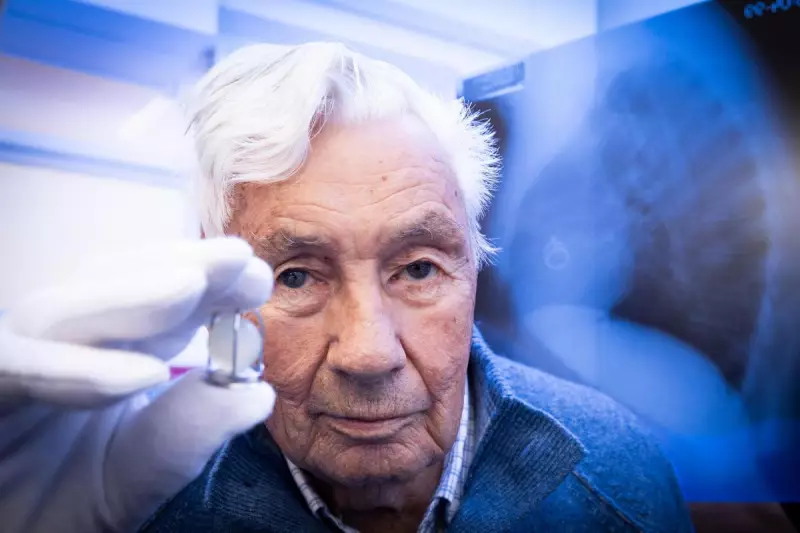
In an extraordinary feat of medical endurance, a Perth man has officially broken the Australian record for living with the same prosthetic heart valve for an incredible 51 years. Garry Slater, now 68, received his mechanical valve at just 17 years old, and the device continues to function perfectly more than half a century later.
A Life-Saving Procedure in Youth
Garry Slater's medical journey began in 1973 when he underwent open-heart surgery at Royal Perth Hospital. The then-teenager was diagnosed with a faulty aortic valve that threatened his life. The pioneering procedure made him one of the earliest Australians to receive a mechanical heart valve, a medical innovation that was still in its relative infancy.
"I was just a young bloke facing something pretty scary," Slater recalled. "The technology was new, and nobody really knew how long these valves would last. The doctors were hopeful, but cautious."
Five Decades of Healthy Living
What makes Slater's case particularly remarkable is that his original valve has never required replacement or major intervention. While he takes daily blood-thinning medication to prevent clots, the mechanical valve itself has shown no signs of deterioration.
Cardiologists monitoring his condition describe the valve's longevity as exceptional. Most mechanical valves are expected to last decades, but reaching the 51-year mark with the original implant places Slater in a unique medical category.
"I've lived a full life with this valve," Slater said. "I've worked, travelled, raised a family – all with this little mechanical device keeping me going. It's become part of who I am."
Medical Marvel and Future Hope
Slater's case provides valuable insights for cardiac specialists and offers hope to thousands of Australians living with prosthetic heart valves. His longevity with the original device demonstrates the durability and reliability of mechanical heart valves when properly maintained.
The record was officially confirmed by both Royal Perth Hospital and the Australian Medical Association, making Slater's case part of Australian medical history. His story highlights the incredible advances in cardiac care that have occurred over the past half-century.
"When I first had the surgery, they told me the valve might last 20 or 30 years," Slater noted. "Here I am at 51 years and still going strong. It's given me more time than anyone expected."
As medical technology continues to advance, cases like Slater's provide crucial long-term data that helps improve cardiac treatments for future generations. His remarkable journey stands as a testament to both medical innovation and human resilience.





